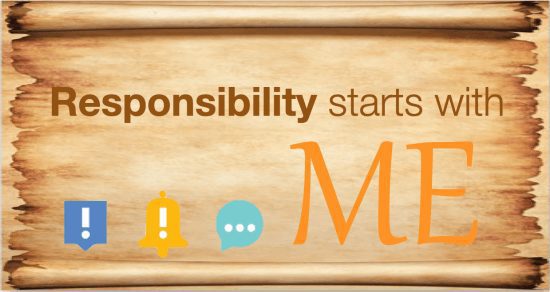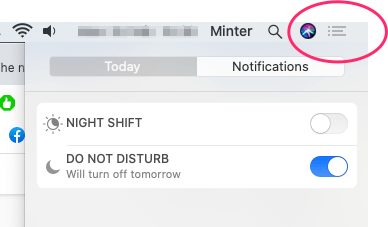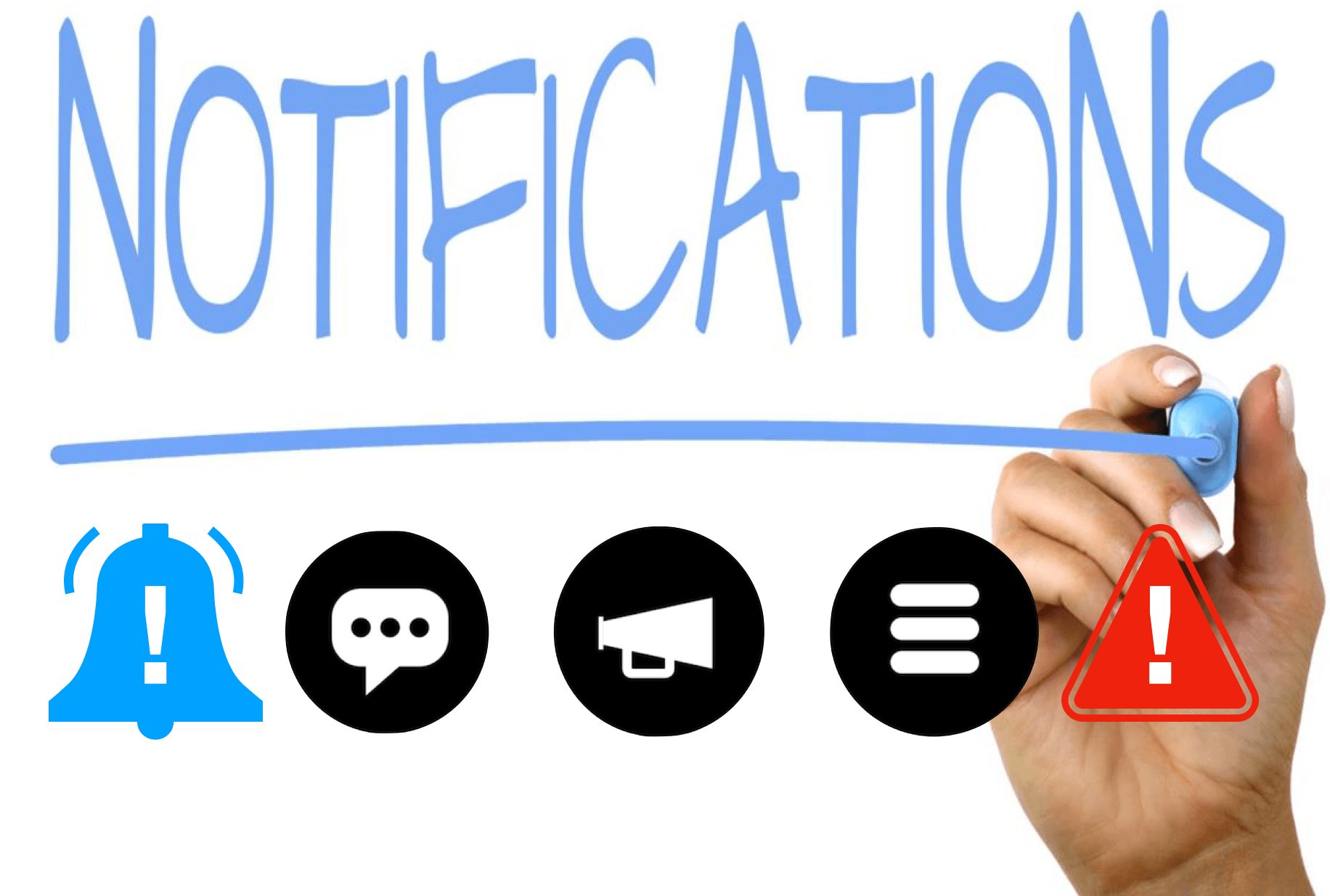When was the last time you were on a Zoom or other online gathering and you could hear the notifications of one or more of the participants pinging? Perhaps it was actually your own notifications beeping and sliding into the top right of your screen or rolling over the top of your mobile phone?
What’s the story in your mind when you hear someone else’s notifications going off?
Answer this one question!
How do you react with you hear someone else’s notifications go off?
- as you leave your notifications on, you don’t mind or blame others for doing the same
- you leave your notifications on, but get annoyed when you hear the pinging of others’ notifications
- you have a policy of (near) zero notifications for yourself, but you tolerate other people who don’t control their notifications
- you have a policy of (near) zero notifications for yourself and get annoyed when you hear others’ notifications
- you could care less about this question
What you need to know:
I suspect that how you manage your own notifications will dictate how you feel about this. Subject to your answers above (specifically if you answered #1 or #2), I exhort you to revise your approach to notifications. If you don’t care about this question, I’m guessing you don’t care or even know what are notifications. Tell me I’m wrong!?
Just as Caleb and I wrote in Futureproof, one of the key mindsets to have is self-responsibility about your digital life and new tech in general. You need to master your own personal brand, cyber security and digital IQ. In a world where we’re likely to continue to have a lot more remote work, I have three pieces of advice regarding your notifications:

- If you think it’s okay to have noisy notifications on your devices, it’s time to revisit your attitude. Every app is basically clamoring for your attention. The teams behind these apps have entire meetings dedicated to how to get users to open and stay on their app. If you allow notifications willy-nilly, you’re being played by accepting to be a victim of other’s people’s desire to interrupt your attention. It’s time to allocate your attention on your own terms.
- Become fully familiar with how to mute your notifications on your mobile, tablet and computers. At a very minimum, I advise to turn the sound off ALL notifications. I suggest even eliminating the vast majority of the badge notifications (the little red circle that states the number of messages within). When you are doing a presentation or are online and will be speaking, the best suggestion is to find the way to find the DO NOT DISTURB setting on your desktop and/or mobile. (E.g. See the top right hand 3 dots & 3 lines sign at top right of your mac, as pictured below). If you plan to keep notifications, be hyper selective. Be careful to review regularly as sometimes, through updates, an app will impishly put notifications back on by default.

- This one is especially useful for people who answered yes to #3 or #4 in the poll above: If you’re struggling with background noises in your place (could be in a public space or just at home), I suggest BabbleLabs or Krisp.ai software, a most useful application to use to cover extraneous noises on your end. These services automatically eliminates background sounds. N.B. It does the same for the other participants on the call. It’s free for 2 hours of usage per week.
Overall, it is absolutely vital that, as we come out of this pandemic and consider ‘normal’ life being more online and ‘normal’ work being remoter, we will need to develop a whole new online etiquette. Having your notifications pinging you (and the others on the other end of the call) does not make you a bigger and more important person. To my thinking, it actually diminishes you by saying that you are accepting to be a victim of everyone else’s desires. It’s time to manage your time, and having a strong control over your notifications is a wholesome start.
Your pinging notifications don’t tell me you’re important. They suggest to me that you are suffering from overwhelm and are not master of your time. As I maintain, responsibility starts with me!
Your thoughts and reactions are welcome.
***If you like my writing and are interested in fostering more meaningful conversations in our society, please check out my Dialogos Substack. This newsletter will feature articles on why and how we can all improve our conversations, whether it’s at home, with friends, in society at large or at work. Subscription is free, but if you see value in it, you are welcome to contribute both materially and through your comments. Sign up here:











